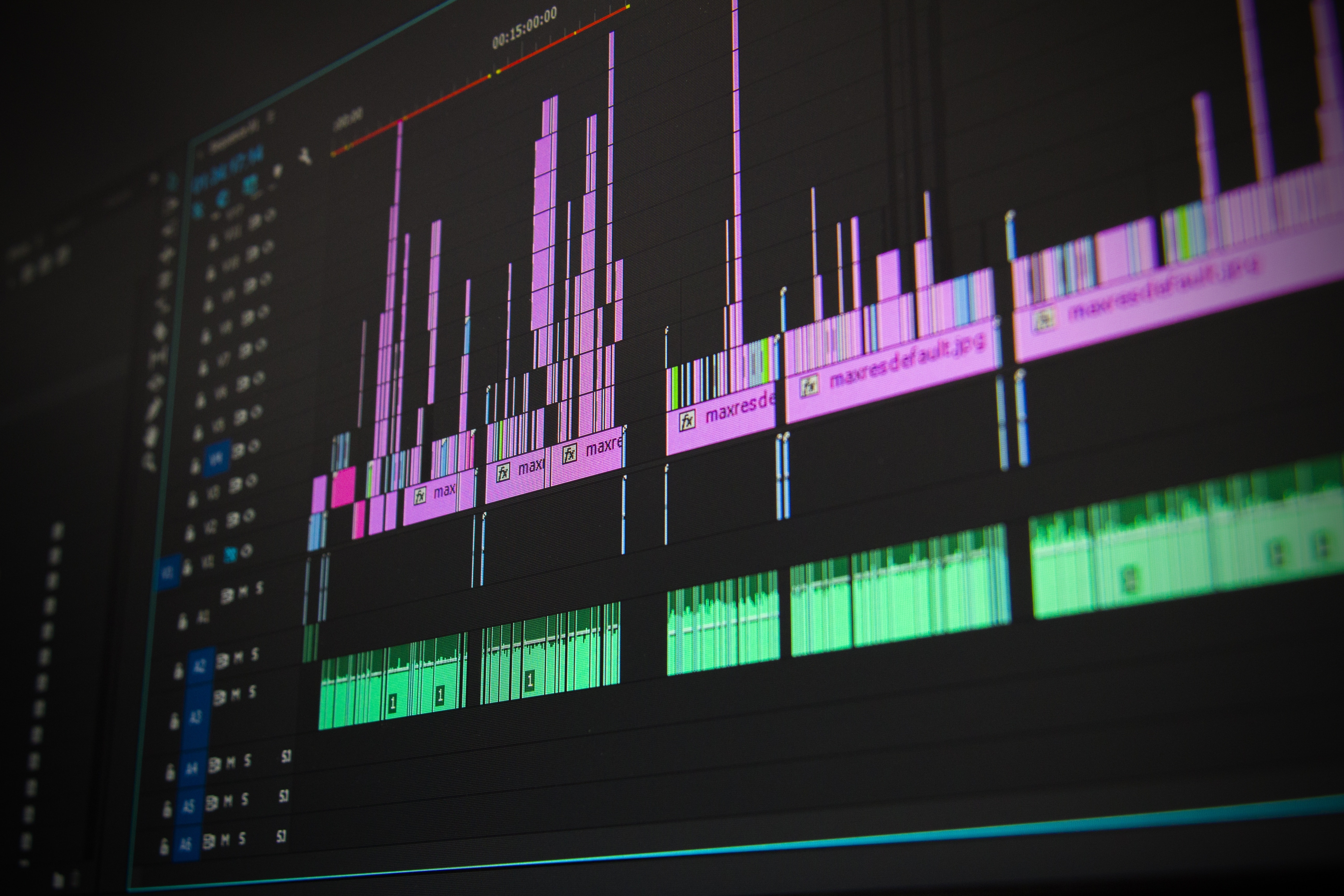PAST WEEK'S NEWS (July 11 – July 15, 2022)
Stocks remained volatile in light summer trading as inflation, central bank policy, and second-quarter corporate earnings reports were in the driver’s seat last week.
Anticipation over the week’s important inflation data dominated sentiment. Wednesday morning’s data uniformly came in hotter than expected, sending markets sharply lower. The CPI came in with an increase of 9.1% for the 12 months ending June, the largest 12-month increase since the period ending November 1981.
Inflationary pressures continue to mount, prompting central banks to embark on aggressive monetary policy tightening and exacerbating fears of a global economic slowdown. With the June CPI marking another sizable inflation increase, the Fed is under pressure to continue its outsized rate hikes.
A rally on Friday in the wake of a solid report on monthly retail sales wasn’t enough to offset the stock market’s rough start to the week. U.S. retail sales rose 1.0% in June, slightly above expectations.
A handful of major U.S. banks kicked off earnings season with mixed results.
Technology stocks were among the best performers, while energy stocks underperformed as international oil prices fell to levels not seen since before Russia’s invasion of Ukraine.
Indices Performance
INDEX | WEEK STARTED ($) | WEEK ENDED ($) | WEEK % CHANGE |
S&P 500 | 3,899.38 | 3,863.16 | ▼ 0.93 % |
DJIA | 31,338.15 | 31,288.26 | ▼ 0.15 % |
Nasdaq | 11,635.31 | 11,452.42 | ▼ 1.58 % |
FTSE 100 | 7,196.24 | 7,159.01 | ▼ 0.51 % |
CAC 40 | 6,033.13 | 6,036.00 | ▲ 0.04 % |
Xetra DAX | 13,015.23 | 12,864.72 | ▼ 1.16 % |
Nikkei 225 | 26,517.19 | 26,788.47 | ▲ 1.01 % |
Hang Seng | 21,725.78 | 20,297.72 | ▼ 6.79 % |
Shanghai SSE | 3,356.08 | 3,228.06 | ▼ 3.88 % |
The major U.S. indexes recorded small declines, falling for the 12th week out of the past 15.
Shares in Europe were flat to lower as central banks stepped up interest rate increases, raising fears of a global recession.
Japan’s stock market returns were positive for the week, with the Nikkei 225 Index rising 1%. World leaders offered their condolences, and Japan mourned its former and longest-standing prime minister, Shinzo Abe, who was shot and killed on July 8 while campaigning for the parliamentary upper house election.
Chinese stock markets eased as data revealed that the country’s economy slowed sharply in the second quarter, and a growing movement among homebuyers to stop paying their mortgages hurt property and banking shares. China’s GDP for the June quarter grew a worse-than-expected 0.4% from a year earlier, official data showed, compared with a 4.8% expansion recorded in the Q1.
Crude Oil Performance
BRENT CRUDE OIL | WTI CRUDE OIL |
▼ 5.62%/ week | ▼ 7.11%/ week |
Oil prices edged lower, pressured by the strong dollar, demand-sapping COVID-19 curbs in top crude importer China, and fears of a global economic slowdown.
After briefly falling below $100 per barrel the previous week, the price of U.S. crude oil fell below that threshold and stayed there. On Friday, oil was trading around $98, down from a recent high of $122 on June 8.
In a monthly report issued on Tuesday, OPEC expected that global oil demand to rise in 2023 and that the market would remain tight. It estimated that an additional 900,000 bpd of oil would be needed from its members in 2023 from 2022 to balance the market.
U.S. crude stocks rose by about 4.8 million barrels for the week ended July 8. Gasoline inventories rose by 3 million barrels, while distillate stocks rose by about 3.3 million barrels, according to market sources citing American Petroleum Institute figures on Tuesday.
Meanwhile fata from the U.S. Energy Information Administration on Wednesday also point to slackening demand with product supplied slumping to 18.7 million bpd, its lowest since June 2021. Crude inventories rose, bolstered by another big release from strategic reserves.
Other Important Macro Data and Events
The yield on the benchmark 10-year U.S. Treasury note fell over the week, as an inversion in the closely watched 2-year/10-year segment of the Treasury yield curve, considered by some to be a recession signal, reached its widest level since 2000. The 2-year yield was at around 3.13% on Friday and the 10-year at 2.93%.
The euro broke below parity with the U.S. dollar for the first time in two decades as fears of a global recession intensified. Core eurozone bond yields fell as worries grew that a cut-off of Russian gas might push European economies into a recession.
In Japan, in another sign of policy continuity, Bank of Japan Governor Haruhiko Kuroda reiterated the central bank’s commitment to its ultra-loose monetary policy, stating that it will not hesitate to take additional easing steps as necessary. The yield on the 10-year Japanese government bond fell to 0.23% from 0.24% at the end of the previous week. With the BoJ’s dovish stance diverging from the aggressive tightening pursued by the U.S. Federal Reserve, the yen weakened to around JPY 138.8 against the U.S. dollar (from about 136.1 the prior week), having hit a fresh 24-year low during the week.
A number of central banks raised interest rates this week to tackle soaring inflation. The Bank of Canada surprised markets with a 100-bps rate hike, central banks in South Korea and New Zealand announced 50-bps hikes, and in Singapore and the Philippines authorities tightened policy out-of-cycle to tamp down on inflation. The U.S. Federal Reserve is also seen stepping up its monetary policy action after an unexpectedly hot inflation print.
What Can We Expect from the Market this Week
The economic calendar next week includes updates on housing starts, existing home sales, and the Philadelphia Fed Manufacturing Index. Federal Reserve speakers will be in a blackout period ahead of the FOMC meeting on July 26-27, but futures trading on fed funds contract will be closely watched with the odds for a 100-point hike gyrating wildly.
Earnings reports will dominate the week as big names like Bank of America (BAC), Netflix (NFLX), Tesla (TSLA), and Twitter (TWTR) report amid plenty of drama. While investors have already baked into share prices that the earnings season will show some disappointments and downward revisions, the latest reads on consumer demand, labour shortages, and supply chain issues will still be critical.














